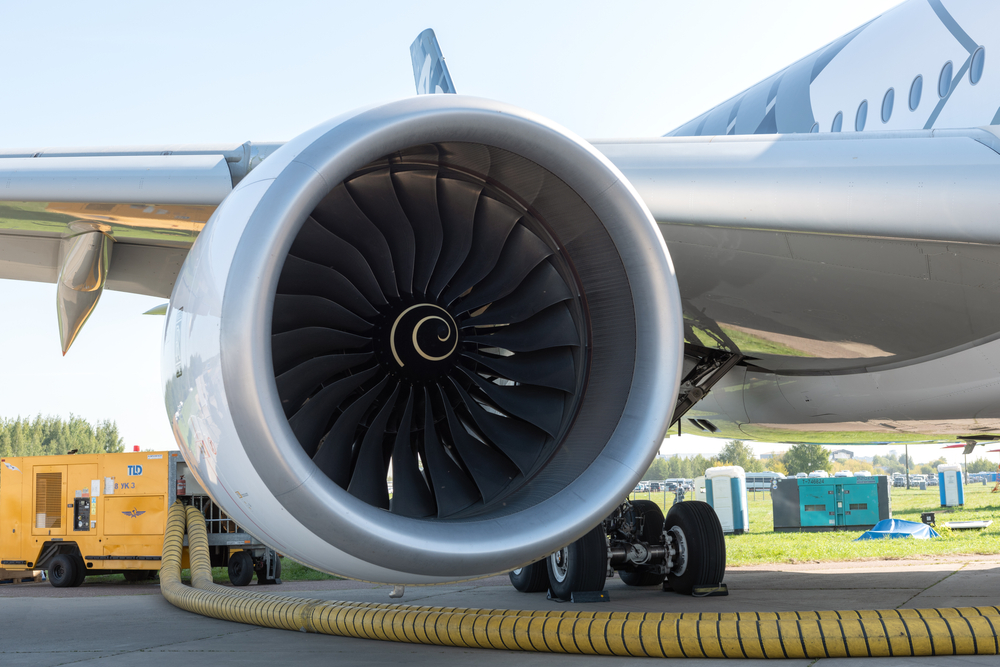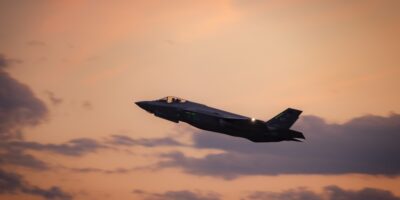Drone Operator Certification Checklist
Getting certified as a drone operator involves several steps and requirements. This checklist will walk you through the essential elements you need to focus on. Ensuring proper certification helps in safe and legal drone operations.

Understand the Regulations
The first step is to understand the regulations governing drone operations. These rules may vary by country and region. In the United States, the Federal Aviation Administration (FAA) is responsible for regulating drone flights.
- Familiarize yourself with the FAA rules and Part 107 regulations.
- Keep updated on any changes to these regulations.
- Research state and local regulations that might apply to your operations.
Eligibility Requirements
To become a certified drone operator, you must meet specific eligibility criteria. These requirements ensure that you are capable and responsible enough to handle a drone.
- Be at least 16 years old.
- Be able to read, write, speak, and understand English.
- Be in a physical and mental condition to safely operate a drone.
Study the Material
Studying is crucial for passing the certification test. The FAA provides a study guide, and there are plenty of other resources available.
- Read the FAA’s Part 107 study guide.
- Utilize online courses and practice exams.
- Join study groups or forums to engage with other aspiring drone operators.
Register Your Drone
You must register your drone before flying it. Registration is simple but mandatory.
- Create an account on the FAA DroneZone website.
- Follow the registration steps and pay the required fee.
- Label your drone with the registration number.
Schedule the Exam
Once you feel prepared, it’s time to schedule your exam. The Aeronautical Knowledge Test is available at various testing centers.
- Find an FAA-approved Knowledge Testing Center near you.
- Schedule your exam in advance.
- Pay the examination fee, usually around $150.
Take the Exam
The Aeronautical Knowledge Test covers various topics related to drone operations.
- Airspace classification and operating requirements.
- Weather effects on drone performance.
- Emergency procedures.
- Radio communication protocols.
- Airport operations and maintenance.
- Drone loading and performance.
Get Your Remote Pilot Certificate
After passing the test, you need to apply for your Remote Pilot Certificate to legally operate a drone.
- Complete FAA Form 8710-13 through the IACRA website.
- Your application will be reviewed by the TSA.
- Once approved, you’ll receive your certificate via email.
Start Flying Legally
With your Remote Pilot Certificate in hand, you can start flying your drone legally. Always follow the rules to ensure safe operations.
- Adhere to Part 107 rules and regulations.
- Conduct pre-flight checks.
- Maintain your drone regularly.
- Stay within permitted airspace and avoid restricted areas.
Recurrent Training and Testing
To maintain your certification, you need to complete recurrent training and testing every 24 months. This ensures that your knowledge remains up to date.
- Stay informed about the latest regulations and updates.
- Complete the FAA’s online recurrent training course.
- Pass the recurrent knowledge test to renew your certification.
“`


Subscribe for Updates
Get the latest articles delivered to your inbox.
We respect your privacy. Unsubscribe anytime.